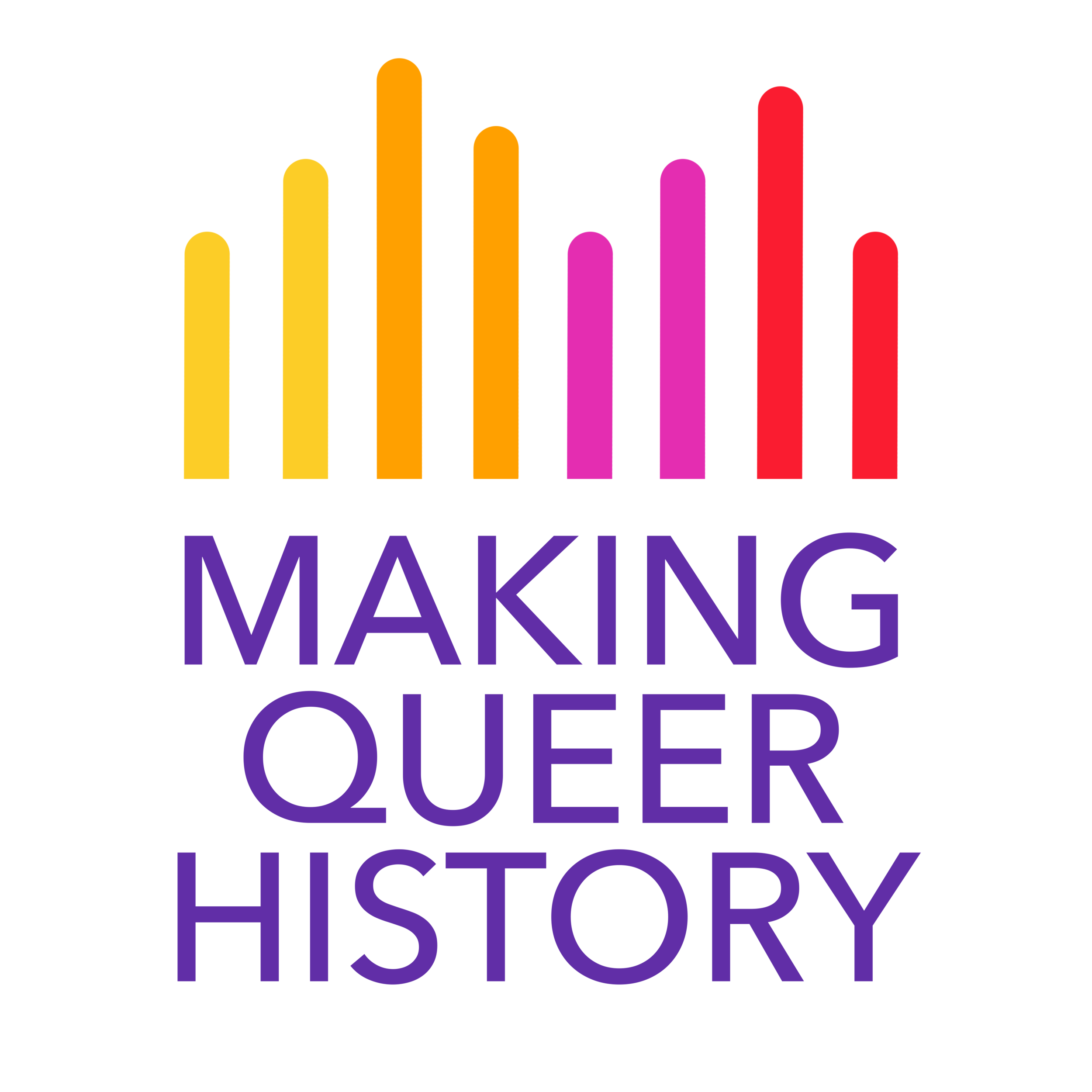Different from the Others (Anders Als Die Andern) was the first film to portray queer people positively and explicitly and was released in 1919. Made by queer activists in Berlin, it remains an artifact of queer resistance.
Making Queer History has a vague title because it has a rather vague purpose. We are not alone in our aim to tell the queer community’s history. What defines us is our focus not only on the past, but toward the future.








